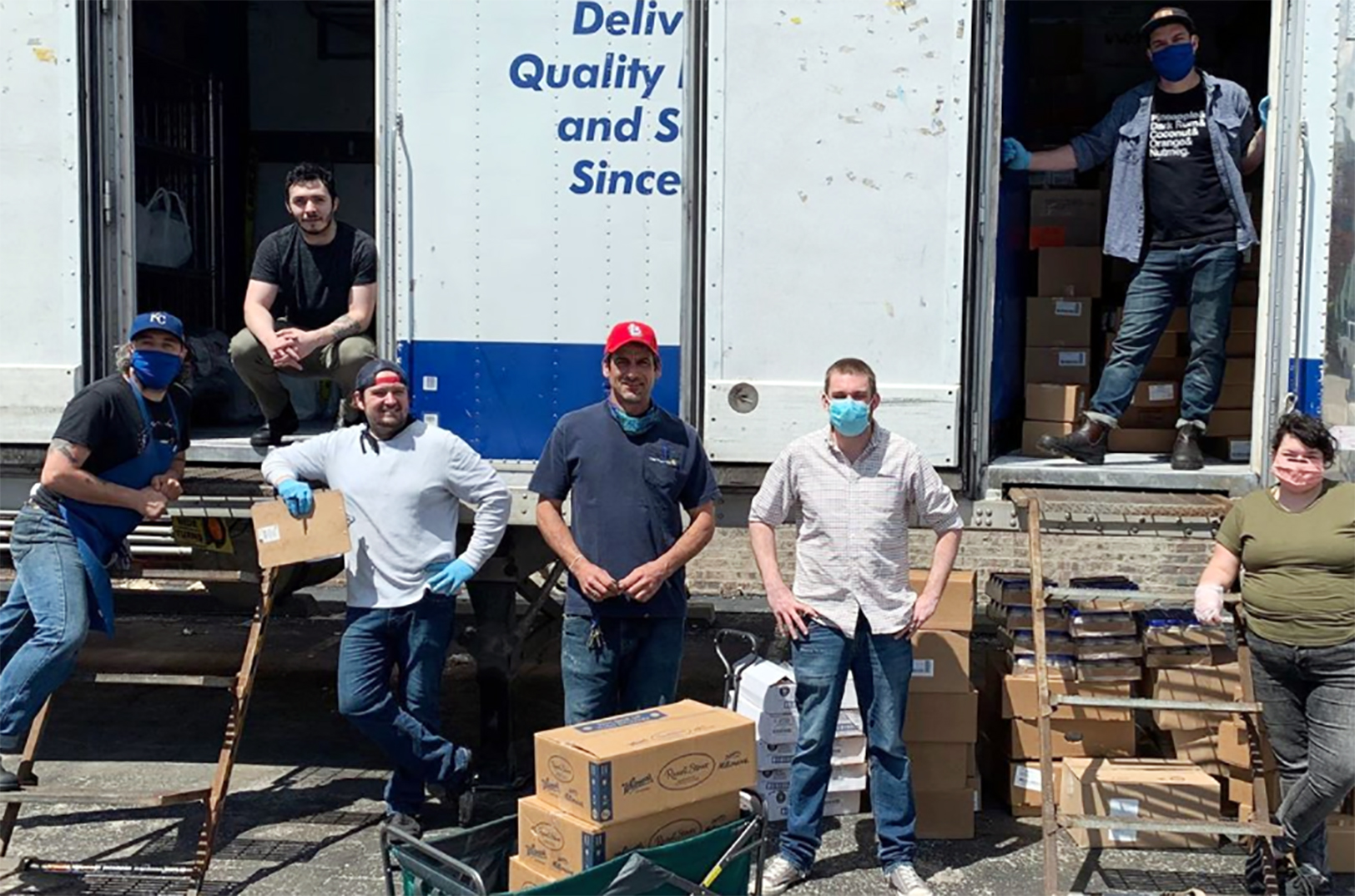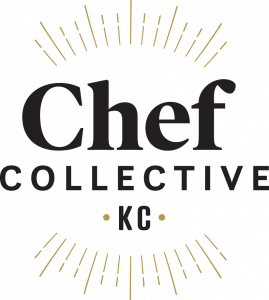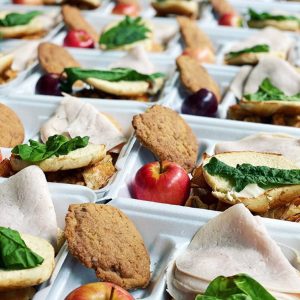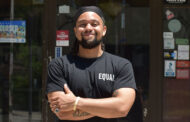The global pandemic didn’t create Kansas City’s food insecurity challenges, said Jon Taylor, but COVID-19’s impact did expose how quickly the line can be blurred or even erased for those looking for their next meal.
“There are a substantial number of people who [because they lost their jobs] went from having what they viewed as a stable existence — where they were able to support themselves — to maybe for the first time in their lives having to go to a food pantry or someplace to get a free meal,” said Taylor, founder of Chef Collective KC.
A network of chefs, growers and food industry partners, Chef Collective KC — which facilitates the Community Meals Project — fuels community kitchens with a goal to ultimately produce and donate more than one million meals a week via a centralized operating, procurement, marketing, packaging and distribution model.
Click here to learn more about Chef Collective KC and the Community Meals Project, which launched in March at the onset of the COVID-19 pandemic in Kansas City.
The Community Meals Project ultimately aims to supplement a nutritionally-dense, chef-driven, prepared-meal component of the local fight against food insecurity — a “natural complement” to existing pantries, Taylor said. Partners include the likes of The Rieger and Kanbe’s Markets.
“Certainly you don’t go into this for adulation,” he said. “But to see the evidence that whatever we’re doing is genuinely making a difference — and being able to see that going into people’s hands, that’s super powerful.”
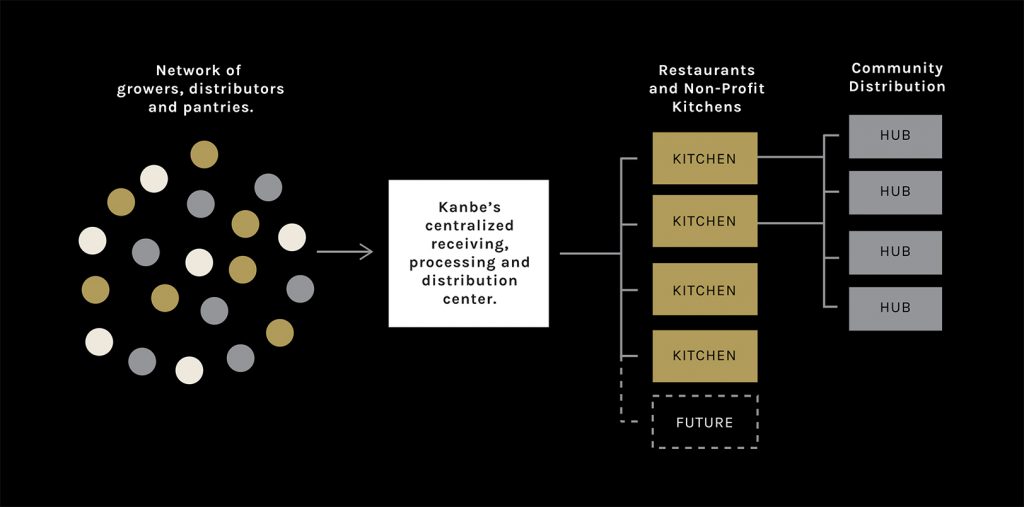
While the tangible effects of the initiative are immediately noticeable and community support has been widespread, turning up the heat and attempting to satiate local hunger in the pandemic era has come with challenges, Taylor said, noting the overall impact of the initiative has been hard to measure.
“As what we were doing became more known in the community, it proved to be harder than I thought it was going to be to find the organizations and the agencies that were equipped to take and distribute the meals,” he said candidly, adding Chef Collective KC has received invaluable support from such local entities as Operation Breakthrough and Morning Star Community Center.
“It’s not an accident that the organizations and agencies and groups that we provide the greatest number of meals to are the agencies and organizations that already have infrastructure,” Taylor added.
With hopes of establishing similar sustainability and stability, Chef Collective KC is working to keep momentum as initial effects of the pandemic wear off and the need for a widespread network of community kitchens potentially wanes, Taylor said.
“Part of our model going forward will be a continuum,” he said, theorizing that contractual relationships that provide area non-profits and agencies with deliverable, re-heatable meals could be part of the initiative’s long term strategy toward sustainability.
Additional paths forward could include reasonably priced meal kits available in neighborhood grocery stores, Taylor continued.
“It became immediately clear to me that in the same way that food pantries aren’t going anywhere, the Community Meals Project isn’t going anywhere,” he said of what the future holds for the initiative, which is currently seeking funding to fuel restaurants and non-profit kitchens to and enable them to hire adequate staff.
Click here to make a donation to the Community Meals Project through the AltCap Community Capital Fund.
Understanding the broad role the Community Meals Project could play in overcoming local hunger hurdles is an overwhelming, but worthwhile cause for Taylor and his partners in the effort.
“As we expand, [we’re] filling a nutritional gap or [acting as] a supplement to the current food security infrastructure — a compliment to Harvesters’ massive network, a complement to the USDA Farm to Family produce box program,” he explained.
“That convenient, nutritious, chef-driven meal is — I think — an important piece of how we will be able to be nimble in supporting food insecurity going forward.”



